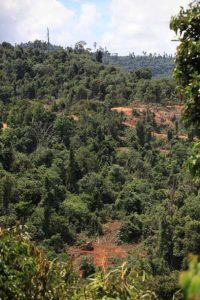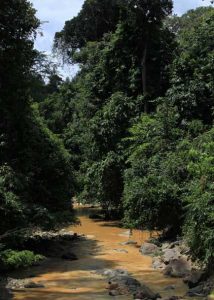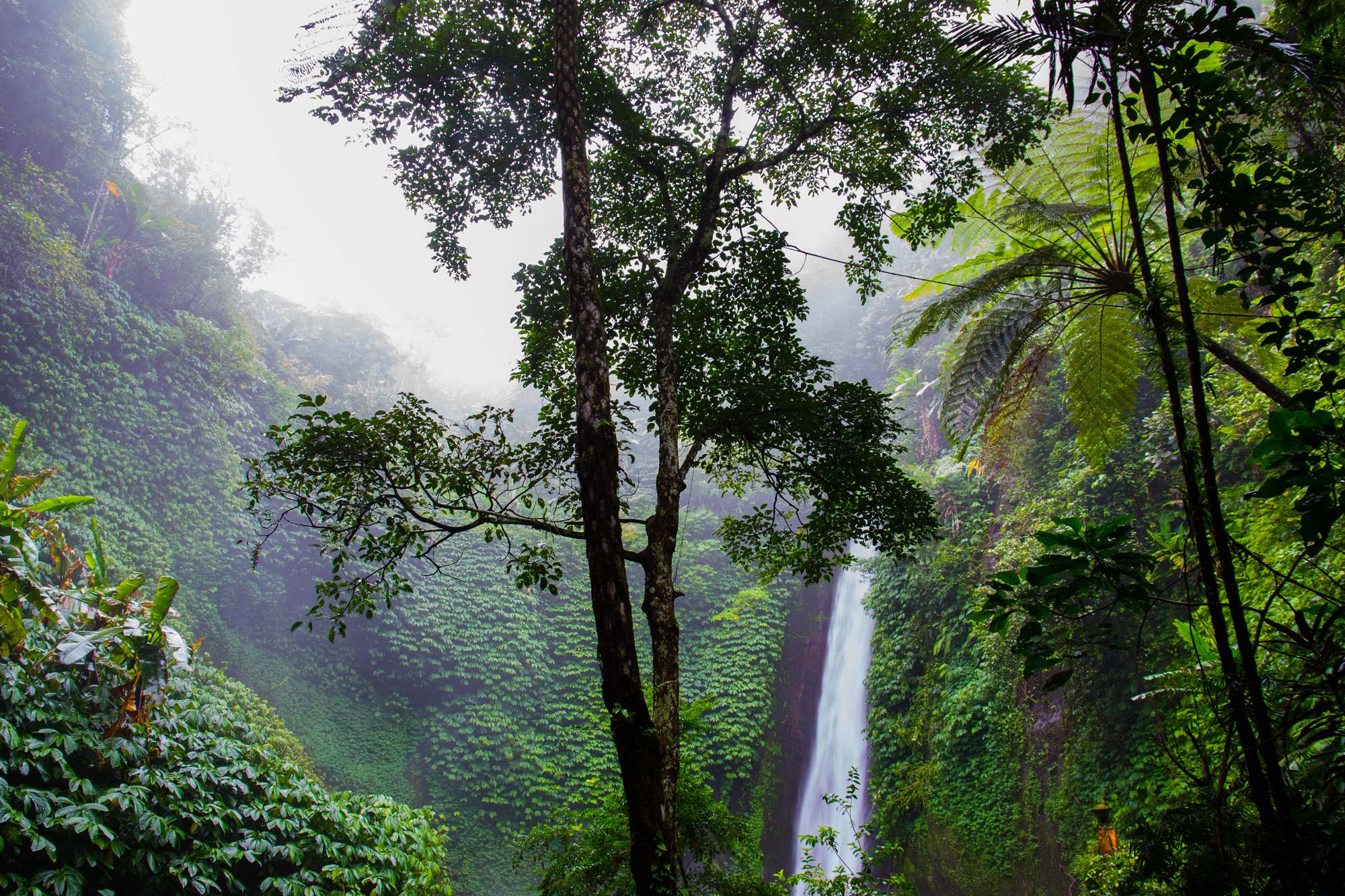| Principal Investigators: | Dr Zoe Davies and Dr Matthew Struebig |
|---|---|
| Project dates: | 2013 – 2018 |
| Funding: | UK Natural Environment Research Council (NERC), as part of the Human-Modified Tropical Forests (HMTF) programme |
| Collaborators: | Oxford University, Queen Mary University of London, University of Aberdeen, Edinburgh, Open University and Centre for Ecology and Hydrology in the UK. Universiti Malaysia Sabah, Yayasan Sabah and the Royal Society South East Asia Rainforest Research Programme in Malaysia. |
| External websites: | LOMBOK consortium SAFE project |

Human influences in tropical forests have resulted in environments dominated by degraded forests, agricultural mosaics and other modified habitats, leading to concerns that ecosystem functions are being eroded and greenhouse gas emissions elevated. The long-term persistence of biodiversity, and the important biogeochemical cycles it underpins, are thus dependent on how the wider tropical landscape is managed.
Several policies and certification schemes are available to mitigate the environmental impacts of rainforest exploitation and agricultural expansion, typically favouring the preservation of forest remnants in production estates. Against this backdrop, the United Nations REDD+ (Reducing Emissions from Deforestation and Forest Degradation) programme aims to enhance carbon stocks via payments for ecosystem services. One key assumption of REDD+ is that forest management to secure carbon will also benefit biodiversity, but few studies have tested this at scales that are relevant to policy or landscape management.
The two broad aims of this project are to use empirical data from an experimental tropical system to significantly improve our understanding of:
1. The relationships between biodiversity and biogeochemical processes
2. The impact of land-use policies and environmental certification schemes on delivering both ecosystem service provision and conserving biodiversity objectives.
 The majority of the work will be undertaken at the Stability of Altered Forest Ecosystems (SAFE) project in Sabah (Malaysian Borneo), in a landscape comprising unlogged and logged forests, as well as oil palm plantations. The DICE component of the research involves delineating mammal and bird diversity across the land-use/land-cover gradient, and assessing the extent to which different elements of biodiversity co-vary spatially with measures of ecosystem function (information that will be gathered by other members of the consortium). Much of our work is in forest remnants in riparian areas, which have the potential to serve as wildlife corridors within the modified landscape, but have hitherto received little research attention. In conjunction with various stakeholders from the forestry and oil palm industries, we will subsequently explore how a range of policy scenarios (e.g. REDD+, and oil palm and forestry certifications) could be optimised to achieve the best possible outcomes for biogeochemical processes and biodiversity conservation.
The majority of the work will be undertaken at the Stability of Altered Forest Ecosystems (SAFE) project in Sabah (Malaysian Borneo), in a landscape comprising unlogged and logged forests, as well as oil palm plantations. The DICE component of the research involves delineating mammal and bird diversity across the land-use/land-cover gradient, and assessing the extent to which different elements of biodiversity co-vary spatially with measures of ecosystem function (information that will be gathered by other members of the consortium). Much of our work is in forest remnants in riparian areas, which have the potential to serve as wildlife corridors within the modified landscape, but have hitherto received little research attention. In conjunction with various stakeholders from the forestry and oil palm industries, we will subsequently explore how a range of policy scenarios (e.g. REDD+, and oil palm and forestry certifications) could be optimised to achieve the best possible outcomes for biogeochemical processes and biodiversity conservation.

